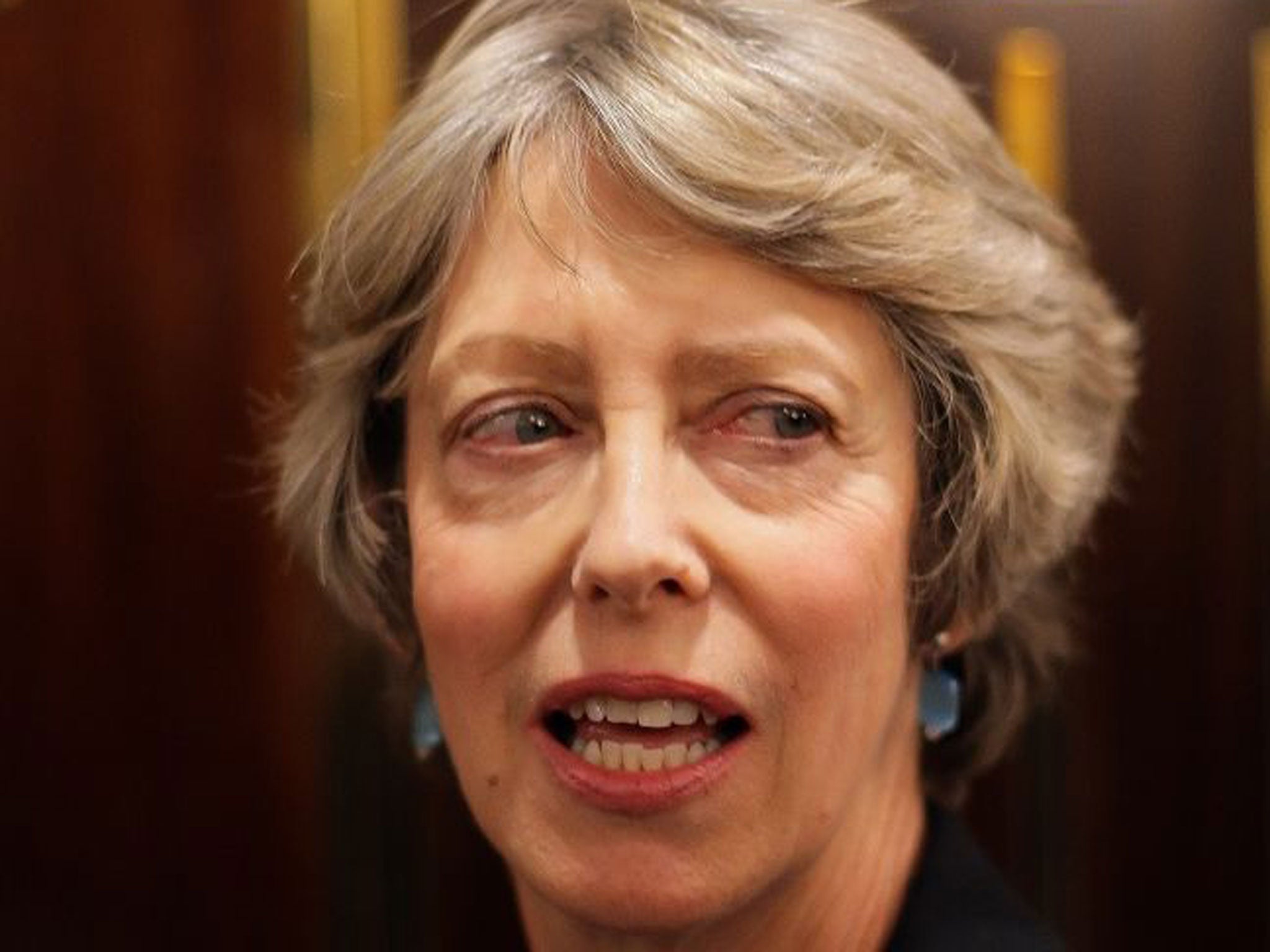Up to 20 NHS trusts seeking healthcare deals in India
UK expertise is seen as a potentially lucrative export and trusts hope to boost income overseas

Your support helps us to tell the story
From reproductive rights to climate change to Big Tech, The Independent is on the ground when the story is developing. Whether it's investigating the financials of Elon Musk's pro-Trump PAC or producing our latest documentary, 'The A Word', which shines a light on the American women fighting for reproductive rights, we know how important it is to parse out the facts from the messaging.
At such a critical moment in US history, we need reporters on the ground. Your donation allows us to keep sending journalists to speak to both sides of the story.
The Independent is trusted by Americans across the entire political spectrum. And unlike many other quality news outlets, we choose not to lock Americans out of our reporting and analysis with paywalls. We believe quality journalism should be available to everyone, paid for by those who can afford it.
Your support makes all the difference.As many as 20 NHS trusts are planning to go into business with healthcare providers in India, as plans to exploit the NHS brand with lucrative contracts abroad gathers pace.
Patricia Hewitt, Labour’s former Health Secretary who is now chair of the UK India Business Council, told the Health Service Journal (HSJ) that between 10 and 20 trusts were in talks. She said she expected “half a dozen to a dozen” to have entered agreements by 2015.
The Independent reported last year that some of Britain’s best-known hospitals were being lined up to open profit-making branches overseas. The UK’s expertise in healthcare is seen as a potentially lucrative new export and a number of NHS trusts, along with UK healthcare companies and charities, are looking to overseas markets to boost income.
“Our ambition is to get as many [NHS trusts, health companies and charities] there as we can,” Ms Hewitt told the HSJ.
“I would certainly hope by 2015 we will be able to say… here is what they are doing and selling and here are the benefits that are accruing both to Britain and to India.”
Ms Hewitt, who served as Health Secretary between 2005 and 2007, referred to the historical ties between the NHS and India, pointing out that many Indian doctors had trained in or worked within the NHS. She said that the British model of healthcare remained “revered” in India.
The market for healthcare in India is set to be worth £110bn by 2017, and the British Government is keen to encourage UK business, as well as NHS trusts, which are allowed to make profit from non-NHS services, to gain a foothold on the sub-continent. Ms Hewitt said that trusts would also be keen to harness Indian expertise.
A cross-government unit, Healthcare UK, was set up last year to link UK health providers with possible clients overseas.
So far, contracts agreed have included a plan for King’s Health Partners, a partnership that includes King’s College London and three London NHS trusts, to set up clinics in Abu Dhabi and Dubai.
One of the key areas where British expertise is sought is in India’s growing primary care sector, which many NHS experts are already helping to develop, according to the HSJ.
Ms Hewitt said it would take time before trusts saw significant revenue from Indian contracts but added that the income could help them close the NHS’ funding gap, which is projected to be as large as £30bn by 2020.
In May, Kenneth Clarke led a trade delegation of UK health organisations to India, which included the Royal Free London NHS Foundation Trust and Kings College Hospital NHS Foundation Trust, as well as the London Ambulance Trust.
Mr Clarke said during the trip that the UK could help India expand its private health sector in order “to provide universal and affordable access to [world-class healthcare] to India’s emerging towns and villages”.
The delegation saw an arrangement made between the Whittington Hospital NHS Trust and the private MIOT Hospital in Chennai, India, for the trust to support a proposed screening programme for the fatal blood disorder thalassemia. The trust said it was in early discussions to draw up a contract with the MIOT.
A Department of Health spokesperson said: “The UK is a world leader in healthcare, with unrivalled experience and expertise in meeting the health needs of a diverse population.
“NHS patients will always come first, but we should help and support the health service to compete internationally for the benefit of its patients in England.
“Any activity proposed by NHS Trusts under Healthcare UK will be overseen by a Board jointly administered by the Department of Health, UKTI and NHS England. They will make sure that under no circumstances will the quality of NHS services be compromised by the sharing of NHS expertise abroad.”
Join our commenting forum
Join thought-provoking conversations, follow other Independent readers and see their replies
Comments